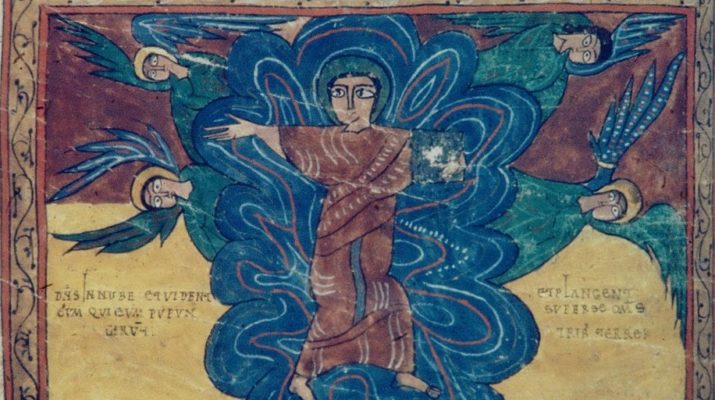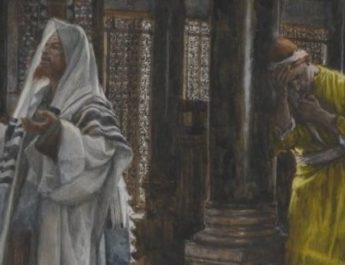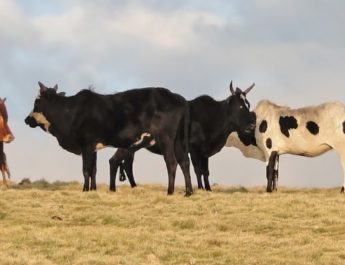Matthew 24:36-44
Advent A1
36“But about that day and hour no one knows,A neitherB the angelsC of heaven, nor the Son, but only the Father. 37For as the days of NoahD were, so will be the comingE of the Son of Man.F 38For as in those days before the floodG they were eating and drinking, marryingH and giving in marriage,I until the day Noah entered the ark,J 39and they knewK nothing until the flood came and sweptL them allM away, so too will be the coming of the Son of Man.
40Then two will be in the field,N one will be takenO and one will be left.P 41Two women will be grindingQ mealR together; one will be taken and one will be left. 42Keep awakeS therefore, for you do not know on what day your LordT is coming. 43But understandU this: if the owner of the houseV had known in what part of the nightW the thiefX was coming, he would have stayed awake and would not have letY his houseZ be broken into.AA 44Therefore you also must be ready, for the Son of Man is coming at an unexpectedBB hour.
Image credit: from the Beato of Valcavado, an illuminated manuscript done by Ovedo in the year 970 in northern Spain.




